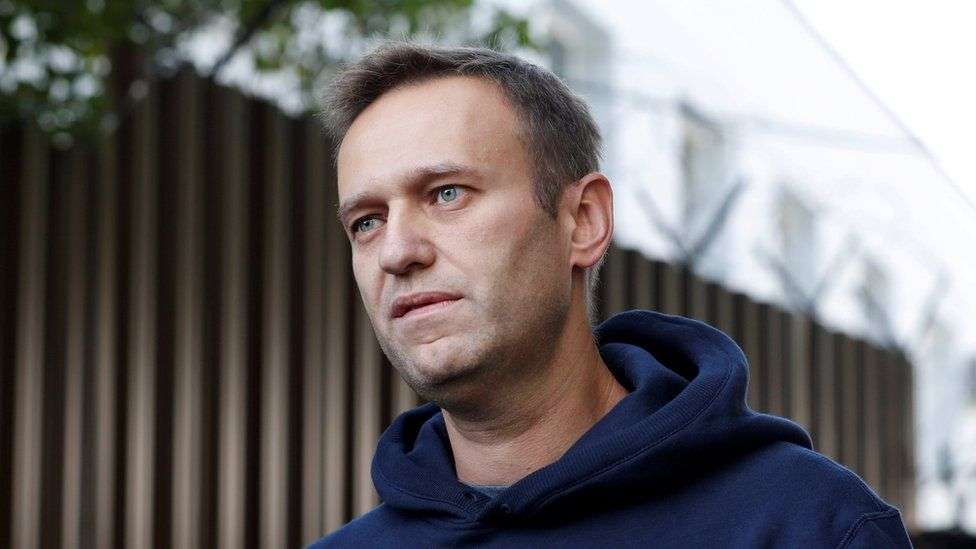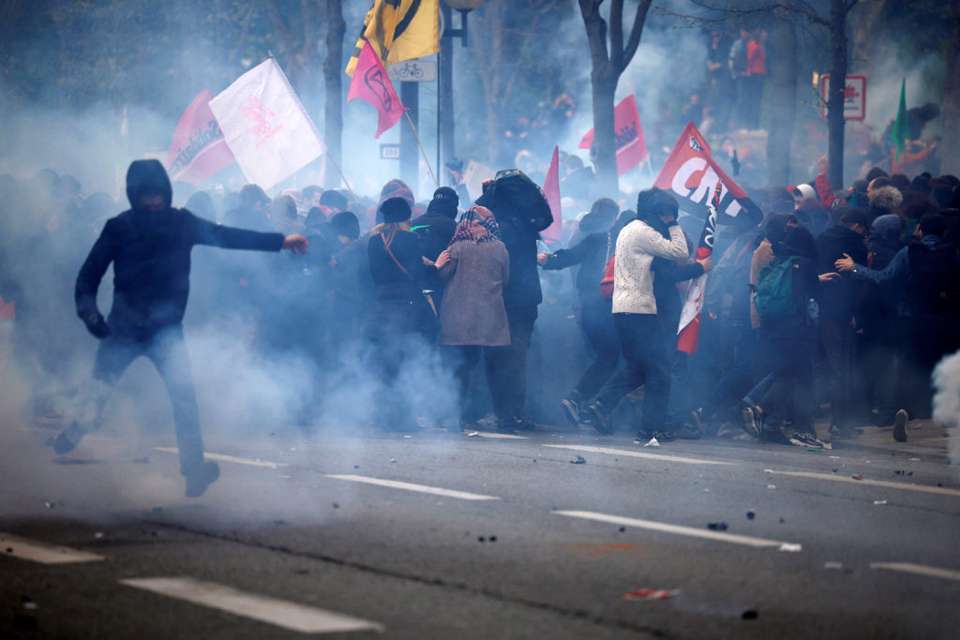
A deadly Islamist attack in Belgium by a Tunisian asylum-seeker who lived in Italy and Sweden has highlighted security gaps and failed returns policies, leading to an EU push to overhaul its troubled migration system. The attack coincided with heightened security concerns across Europe linked to the Israel-Hamas war and alarms from Italy and Germany over increasing unauthorised arrivals of migrants.
The man, suspected of killing two Swedish football fans, first applied for asylum in Belgium in 2019, lost his case in October 2020, and was issued an order to leave Belgium in March. Belgian Prime Minister Alexander de Croo criticized the authorities for not having a valid address to deliver the decision, which bounced back from an old address. The bloc’s 27 justice and home affairs ministers will discuss obstacles to repatriating migrants deemed to have no right to stay in the EU when they meet in Brussels.
EU border agency Frontex reported 86,000 returns in 2022, despite discussions about stepping up efforts. Eurostat reported 26,600 people were sent away in Q2 2023, a nearly one-third increase from the previous year. The EU believes poor cooperation from origin countries hinders progress, with security services clashing with North African countries’ unwillingness to return illegals. Belgian Justice Minister Vincent Van Quickenborne highlighted the high cost of this.
A recent EU deal offering money and assistance in exchange for Tunisia keeping a tighter EU departure limit has been rocky. EU leaders are set to discuss the issue at a summit in Brussels. Belgium’s Immigration Office has no information on the reasons for a gunman’s illegal stay in Belgium.
A man who arrived in Italy in 2011 and spent time in Sweden has been arrested in the EU, highlighting the challenges the EU faces in tracking people across the Schengen open-travel zone. The EU’s new migration pact, which has been tentatively agreed by most EU countries and is being further negotiated with the European Parliament, aims to support returns by shortening time for migration and asylum procedures. However, critics doubt its effectiveness and point to human rights risks.
Nationalist governments in Poland and Hungary refuse to support the pact or accept migrants from the Middle East and Africa. Manfred Weber, the head of the centre-right European People’s Party group in the European Parliament, calls for those who are not ready to accept the migration pact to leave Europe.






